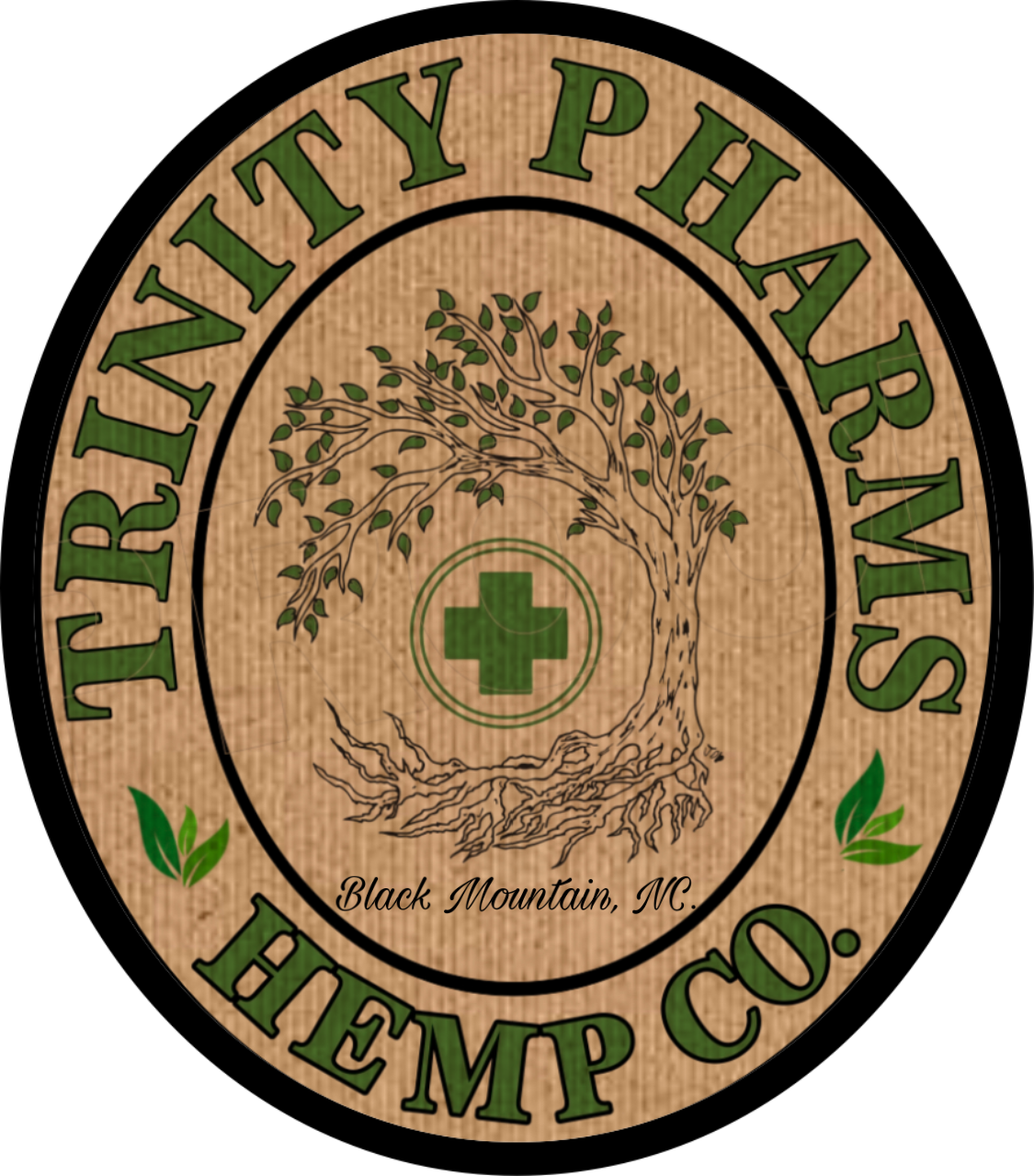Are you curious about the legality of CBD and whether or not it’s legal in the United States? Then you’ve come to the right place!
It can be incredibly daunting for anyone new to CBD trying to learn whether or not it’s legal, what it is, and how is CBD or hemp different from marijuana? In the following article, we’re going to take a closer look at why CBD is legal and what the differences are between hemp and marijuana.
The 2018 US Farm Bill made it legal at a federal level to cultivate and sell products made from hemp, including CBD. As part of this new regulation, the new Farm Bill also made a clear definition between hemp and marijuana. While both plants belong to the cannabis sativa plant family, they each have their own unique properties.
THC is the psychotropic compound in hemp and marijuana responsible for the euphoric high many people experience when they try cannabis products. However, CBD is non-psychotropic and has no hallucinogenic properties. In fact, CBD can actually reduce many of the negative side-effects associated with THC, such as paranoia, anxiety, and nausea.
The 2018 US Farm Bill defined hemp as having less than 0.3% THC. If it has less than 0.3%, then it’s hemp. Higher than 0.3% THC, and it’s marijuana. The Farm Bill made it legal to grow and sell hemp products, including products such as CBD at a federal level, as long as they contain less than 0.3% THC.
It’s essential that you check with your state’s laws before purchasing CBD as not all states have the same laws, and the US Farm Bill was a federal law that was left up to the states to implement. There are a variety of different CBD products available. However, almost all of them utilize CBD sourced from industrial hemp plants because of their naturally low THC content.
